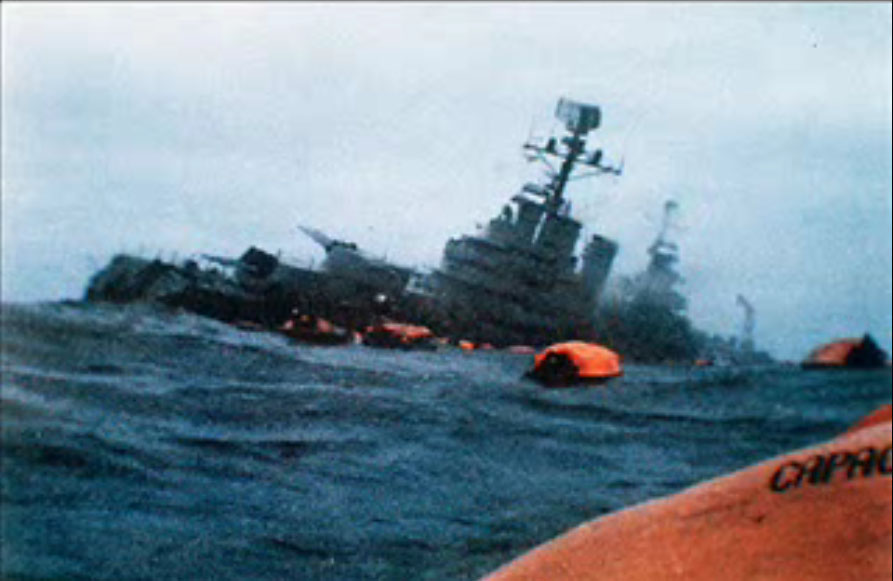
I dug out the ships and aircraft I bought from for my Falklands project last week and started to sort them out in readiness to base and paint them.
I did find myself experiencing a slightly bitter taste however, as we'd just endured a week of coverage of the events surrounding the death of one of the chief protagonists in that war,
My view is that the Argentine Junta that invaded the Falklands were a reprehensible lot, and whilst I think the war could have been avoided if Britain had more careful about what signals it sent to the Argentines prior to their invasion, sending a task force to was the right thing to do.
I'm unsure whether war could have been avoided before the opening shots were fired, but once they were there was little choice but to pursue the objective of ejecting the Argentines. I'm sorry the British didn't go further and wage a war to topple the regime in Argentina, who were, after all, Fascists.
I do profoundly regret one result of the British victory though: the Conservative Party election victory the following year.
And so I'll close this post with the words of one young commentator:
Thatcher will be buried as a war hero, just like Churchill was, even though the Falklands conflict was, in territorial and strategic terms, a mere blip on the radar of history. The war of which Thatcher was the hero was quite a different war, a war whose territory was hearts, minds and markets, a war waged against social democracy, labour rights and the idea of the commons. It is this war whose general is being buried today.
The full piece can be read here: I encourage you to read it
http://www.newstatesman.com/politics/2013/04/what-we-talk-about-when-we-talk-about-margaret-thatcher






